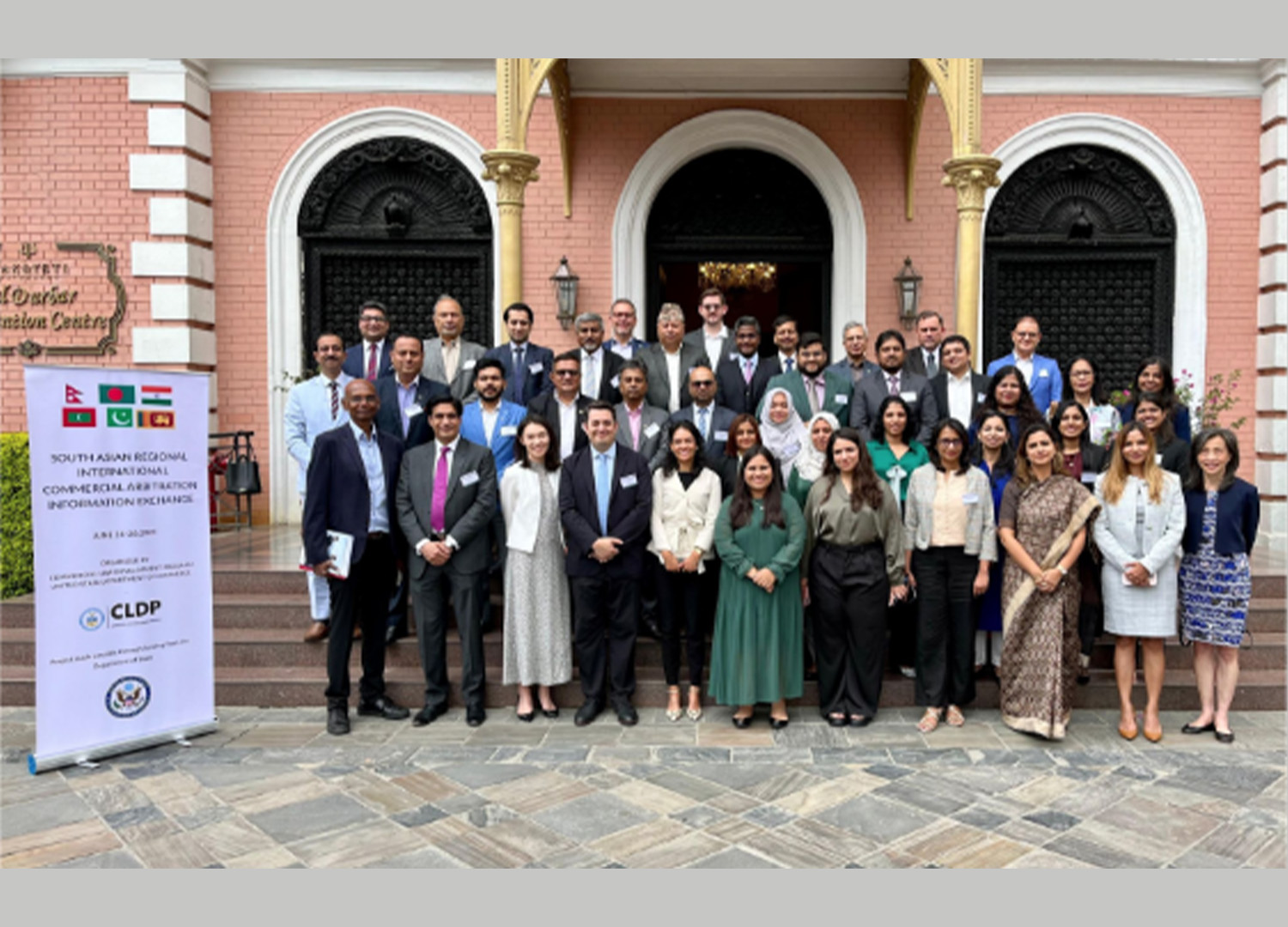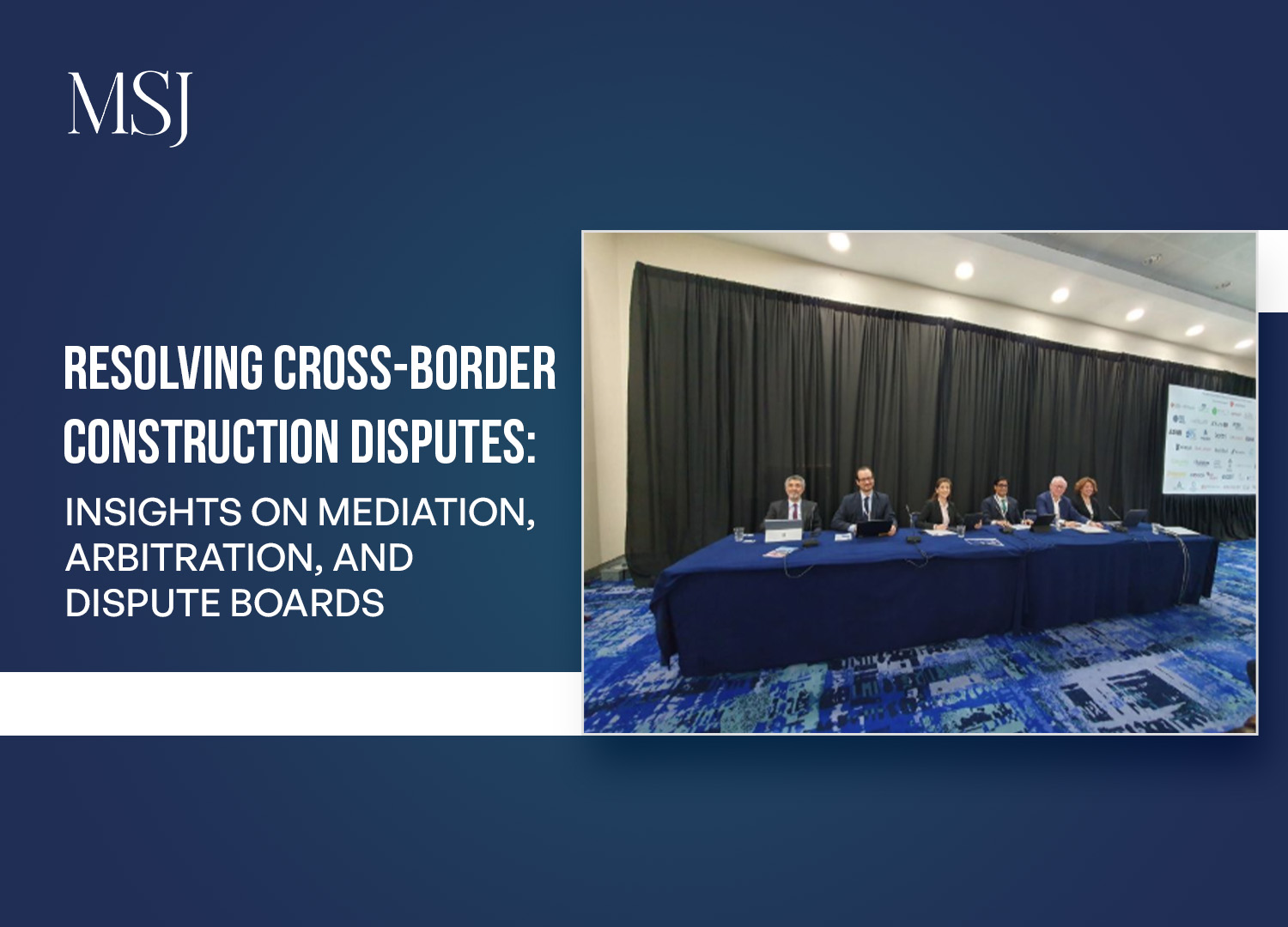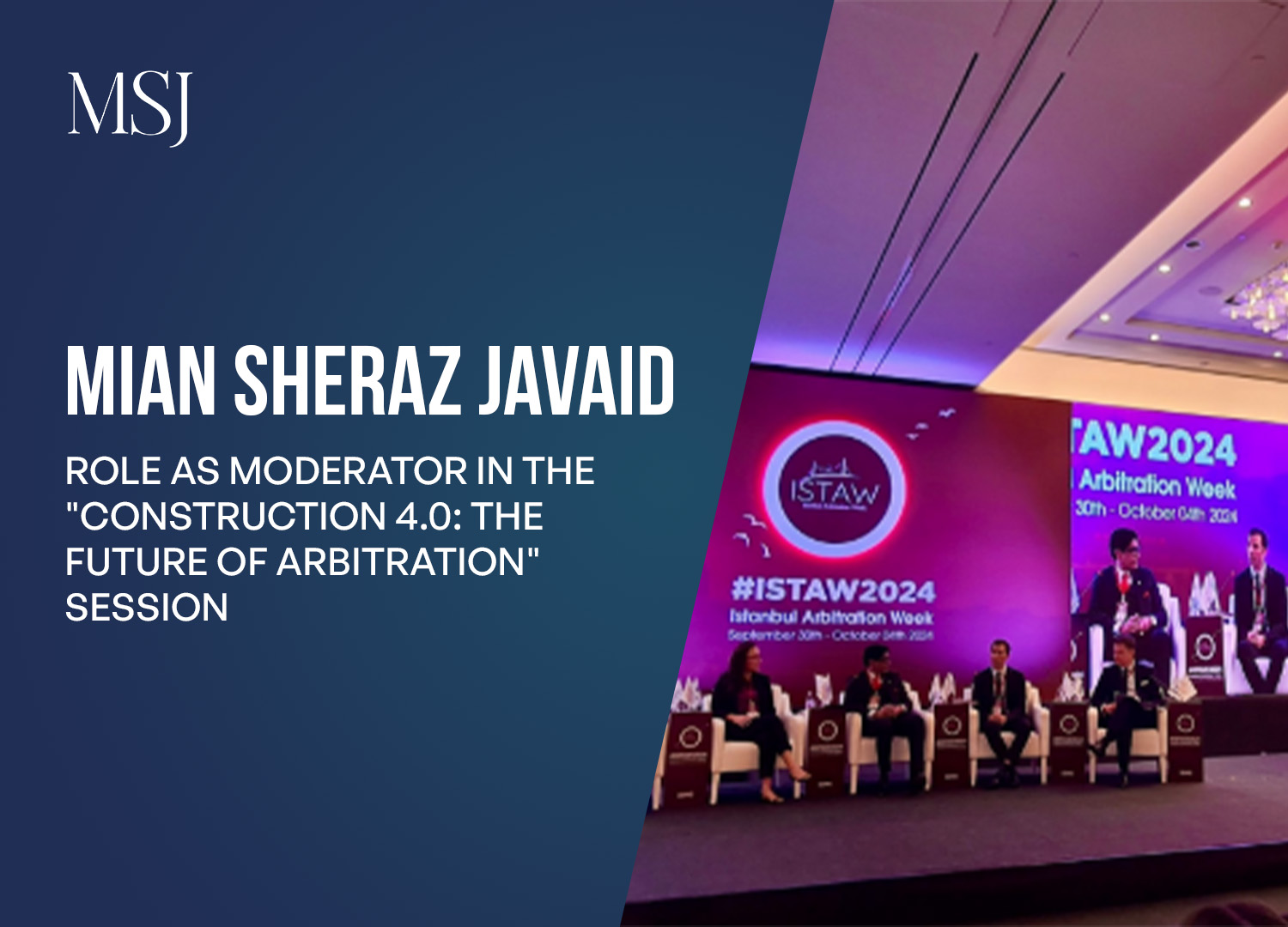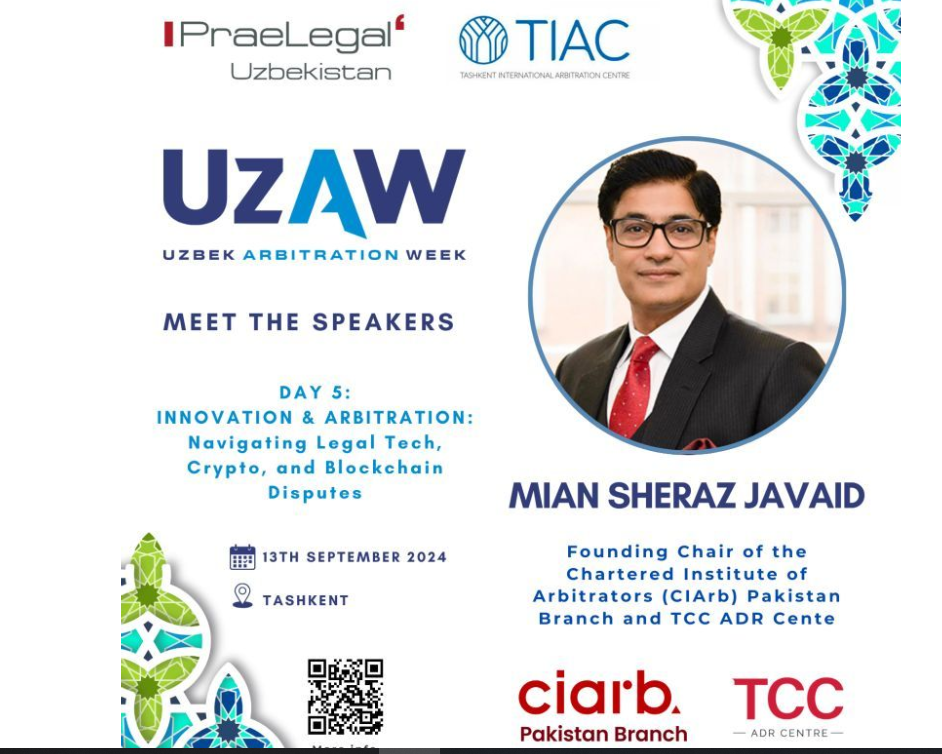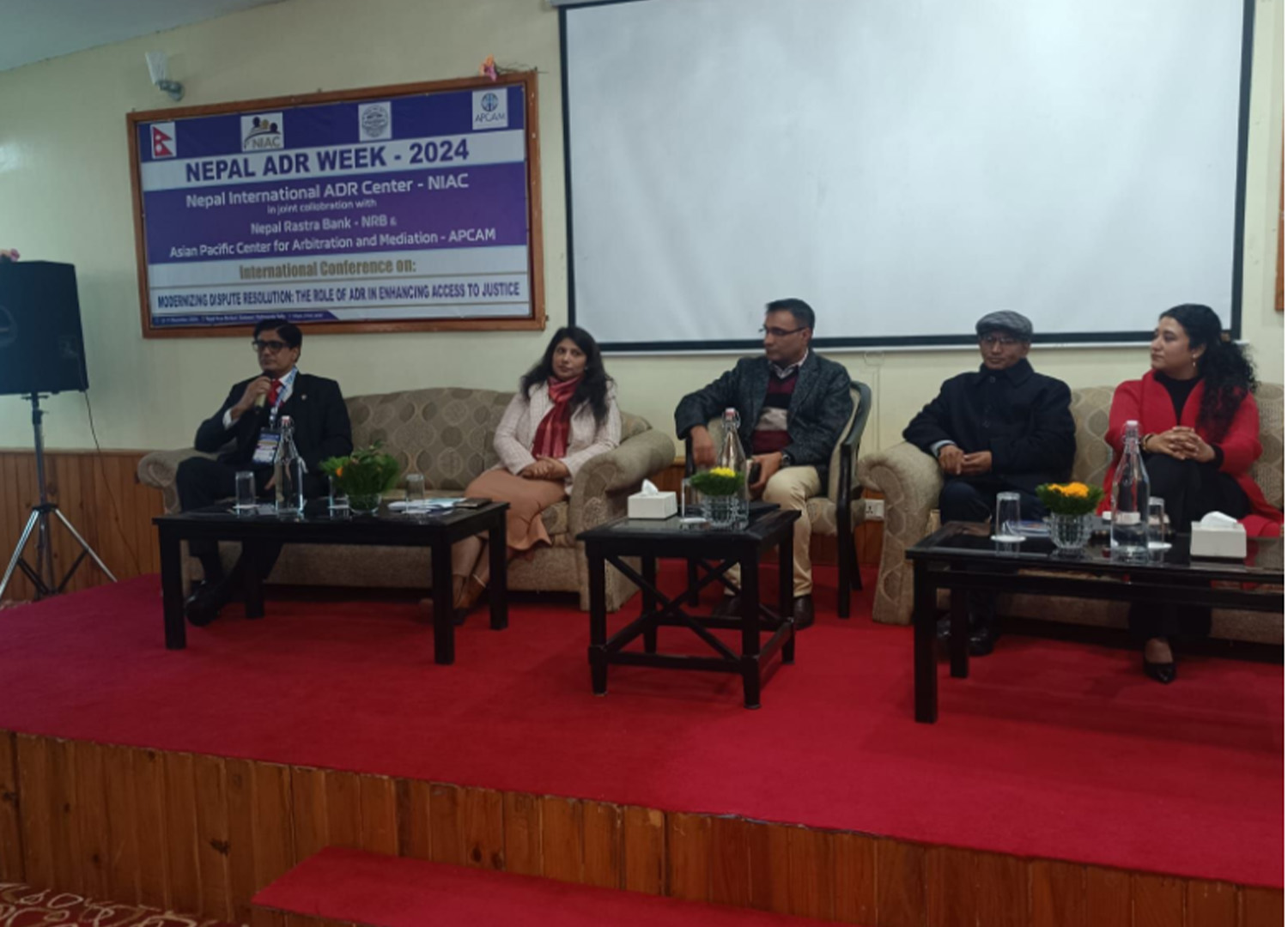Trade Remedies in Pakistan’s Legal Framework
Hassan Law Associates, a leading law firm in Pakistan, invited Mian Sheraz Javaid for a lecture on alternative dispute resolution (ADR) aimed at the interns and associates of Hassan Law Associates and was met with great enthusiasm and appreciation. This collaboration was an effort to equip the next generation of legal professionals with the skills they need to navigate the complex landscape of dispute resolution.
Sheraz addressed Pakistan's current legal framework of trade remedies, which included anti-dumping, countervailing, and safeguard measures. Pakistan has a legal structure in place for these remedies, but Sheraz felt that it is not adequately equipped to deal with the complexities of international trade disputes. The NTC, responsible for implementing trade remedies, lacks the resources and expertise to effectively manage these disputes. He pointed out that although Pakistan has been trying to bring its trade remedy laws in line with the WTO standards, the issues of slow investigations, bureaucratic delays, and lack of transparency are still prevalent. Sheraz underlined the need for specialised training, streamlined procedures, and improved institutional capacity to enhance Pakistan's ability to handle international trade disputes efficiently.
Circumvention of Trade Remedies:
Sheraz also presented the investigation of circumvention or evasion of trade remedies in Pakistan. He highlighted that the NTC has the power to investigate such cases but lacks defined procedures and insufficient resources to conduct effective investigations. Consequences of evasion of trade remedies include fines, additional duties, criminal charges, reputational damage, and loss of market access. However, Sheraz observed that enforcement is often inconsistent due to bureaucratic inefficiencies, corruption, and political influences. He recommended updating the laws to explicitly address circumvention, equipping the NTC with the necessary resources, and ensuring transparency to improve enforcement mechanisms.
Competency of Pakistani Arbitrators in Cross-Border Disputes:
Sheraz shared his views on Pakistan's arbitration capabilities, especially in cross-border trade disputes. He pointed out that the Arbitration Act of 1940 is outdated and does not fully align with international standards, which hinders Pakistan's ability to handle complex international disputes. He acknowledged that while there are skilled domestic arbitrators, many lack the specialised knowledge required for international trade disputes. Secondly, Pakistan's arbitration institutions are relatively unknown compared to the internationally recognised institutions, such as the ICC and LCIA. According to Sheraz, the Arbitration Act should be updated; special training of the arbitrators needs to be initiated, and an international cooperation agreement with other international arbitration bodies would be established for Pakistan to address cross-border disputes more efficiently.
Dispute Resolution Mechanisms in Free Trade Agreements (FTAs):
Sheraz discussed multiple mechanisms of dispute resolution that may be included in FTAs in order to prevent their malfunction. He suggested the multi-tier approach, starting from consultation and then mediation, and then arbitration with adjudication for the final tier. He considered committees that are able to handle technical disputes prior to their deterioration. However, Sheraz pointed out that many of the FTAs' dispute settlement mechanisms are hardly used or experience overlapping jurisdictions, causing confusion. He recommended that FTAs should have clear, flexible, and efficient mechanisms that are accessible to SMEs and can be easily invoked when needed.
Trade Remedies and ADR for SMEs:
Sheraz highlighted the challenges facing Small and Medium-sized Enterprises in Pakistan when exporting into international markets through FTAs. He identified that current trade remedies and ADR mechanisms are not cost-effective for SMEs since legal fees, bureaucratic hurdles, and international arbitration costs may become too expensive to handle. Sheraz proposed the introduction of simplified dispute resolution processes, guidelines specific to SMEs, and government-backed funds to subsidise the cost of dispute resolution. He also suggested that technology be used to make the process easier and more accessible for SMEs.
Improving Pakistan’s Benefit from FTAs:
Finally, Sheraz shared his thoughts on what needs to be done to help Pakistan maximise the benefits from existing and future FTAs. He emphasised the need to address trade deficits by diversifying the country’s export base and focusing on value-added products. He also recommended strengthening institutional capacity, particularly the NTC, enhancing Pakistan’s negotiation skills in FTAs, and fostering collaboration between the public and private sectors. To further facilitate trade, Sheraz called for addressing non-tariff barriers and improving Pakistan’s products to meet international standards. He also advocated for legal reforms to make dispute resolution mechanisms more effective, especially for SMEs, and suggested using technology and innovation to increase competitiveness in the international market.



